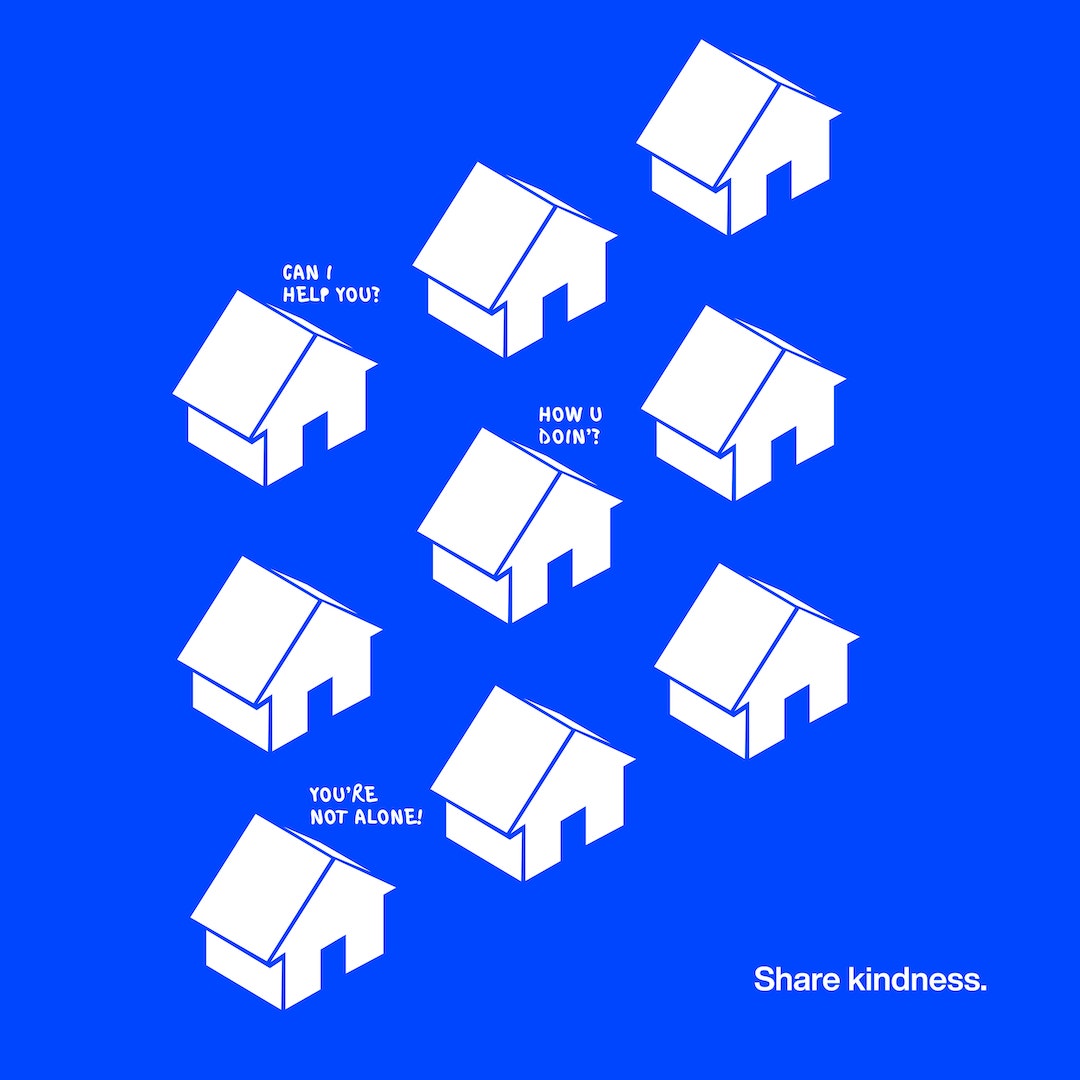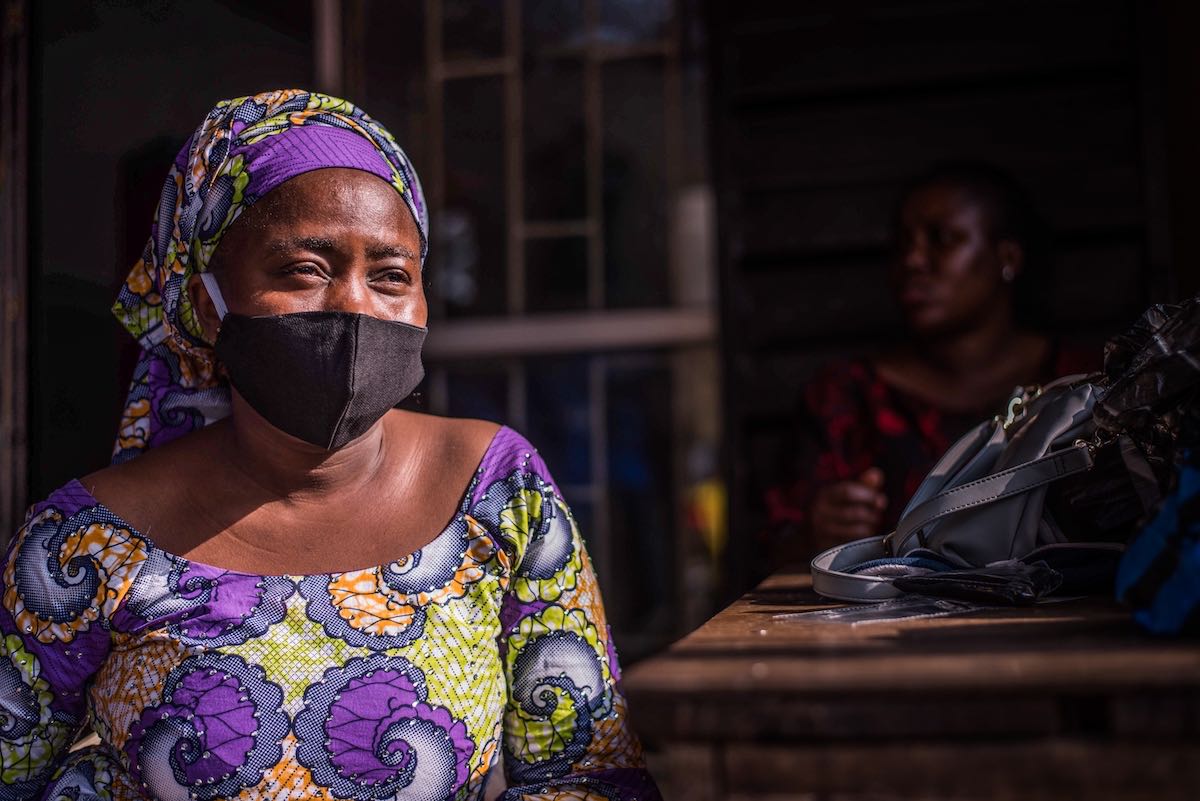The emergence of COVID-19 in early 2020 turned our world upside down, forcing the global population indoors and making us fearful of getting too close to other people. In an instant, lockdowns forced populations around the world to stay home and find new ways to work, to shop and to socialize.
COVID-19 changed our social norms
Where once we might have visited friends or gone to the local bar or coffee house to mingle, the world in unison looked to online tools, chat and video conferencing apps to stay in touch with friends and family.
For entertainment, we binge-watched box sets and played video games, forced to find our diversions closer to home rather than in cinemas or at sporting events.
When it came to work, we turned to Zoom, WhatsApp, email and other software to enable us to continue to do our jobs. Online file sharing and DAM (Digital Asset Management) tools became common for aiding online collaborative working on projects, while the traditional office morning meeting was replaced with a video call.
The immediate effects on cities around the world
As our streets emptied and we continued to stay home, we were faced with apocalyptic news bulletins showing haunting images of deserted city centers in some of the world’s biggest metropolises.
Cities literally shut up shop with businesses, offices and transport services closed for fear of the potential of catching or spreading the virus. For a few months, the only people allowed to leave home for any length of time were emergency service workers.
Clearly, we all hope the virus will end soon – or that scientists will discover a vaccine – but unfortunately, the effects of COVID-19 are likely to be with us for some time yet. COVID-19 has already started shaping our environments in terms of the social distancing measures commonly seen across the world’s cities – big and small.
Just like other viruses and diseases before it, COVID-19 is changing how we approach life and altering our expected societal norms. People have become fearful of a simple cough or sneeze, we wear masks, we keep our distance and we avoid public places.
Disease and fevers have a track record of prompting change
To understand how diseases and fevers can promote change, one need only think back to the outbreak of yellow fever in Philadelphia back in 1793. During the outbreak – and suspicious that the disease had possibly been caused by their own poor hygiene standards – the city administrators decided to take on the cleaning of the streets themselves, removing rubbish and cleaning gutters. While cleaning alone didn’t eradicate the illness, it was nonetheless soon adopted by other governments across the US.
Given the trajectory of past diseases, it seems highly likely that some of the social distancing measures seen through COVID-19 will become the norm following the pandemic. Certainly, it’s very possible that regular hand-washing, sanitizing and avoiding busy public places could continue.
An increase in the monitoring of citizens
Almost without exception, the countries that have been most effective at curbing the spread of COVID-19 employed sophisticated public tracking technologies – mostly on citizens’ smartphones but also in the form of tracking cameras fitted with facial recognition tech.
It seems very likely these types of cameras will be approved for widespread adoption in cities as a way to track movements and check who we’ve come into contact with. Once implemented under the guise of tackling COVID-19, they will be unlikely to disappear and it’s fair to assume life in our major cities will probably become less private than ever.
COVID-19 is already closing many of our entertainment venues
Life during COVID-19 became unrecognizable compared to the pre-virus days. However, one of the most disappointing aspects of the pandemic is the fact many of our best-known and best-loved entertainment venues have already closed their doors for the final time.
While the virus continues to remain so potent, there is little chance the remaining venues will open – particularly live music spots and comedy clubs. A packed room is the perfect place for a virus to spread but, even post-COVID-19, it seems likely many people will view enclosed areas with suspicion.
Many people were already leaving larger cities
Even before COVID-19, the popularity of living in larger cities was, for many, starting to wane. Record numbers were already leaving some of the world’s biggest conurbations, favoring a simpler, less stressful lifestyle in the country.
With remote-working now tried and tested, it’s very likely even more will ditch the hub-bub of city life in favor of teleworking and a more serene existence in the country.
Employees aren’t the only ones who learned that home-working can be a success. Employers too have learned workers don’t necessarily perform their jobs better when shackled to the office. In the future, it seems highly possible we’ll see a continuation of home-working, leading to reduced demand for office space and the towering skyscrapers and office blocks that became such a prevalent feature of our lives through the last century.
Bike and bike lanes will reduce city congestion
Experts also believe the meteoric rise in the popularity of cycling (accompanied by governments across the world investing in cycle lanes) will probably continue long after the virus has passed.
Cycling has never been more popular and, with the right infrastructure in place, it seems highly probable it will remain to be so. More people cycling will have the knock-on effect of leading to a quieter transit system.
Moreover, people are likely to remain suspicious of traveling in such close confines – making our trains and buses far quieter than in the days pre-COVID-19.
The traditional high street will be changed forever
Traditional shopping and the high street were in dire straits even before the arrival of the virus, however, after months of a lockdown, many businesses have already closed. When the pandemic does finally end, many stores will continue to struggle, fighting a losing battle against their online counterparts.
Again, as part of the lockdown and social distancing, people have become more au fait with the whole online shopping process. These are trends that unlikely to reverse. Online shopping has been a threat to bricks-and-mortar stores for many years. Coronavirus could well prove the nail in the coffin for traditional retail.
While no-one can be sure how life is going to look post-virus, it seems very likely that our cities – and the way we live in them – are in for a considerable transformation in the years to come.










